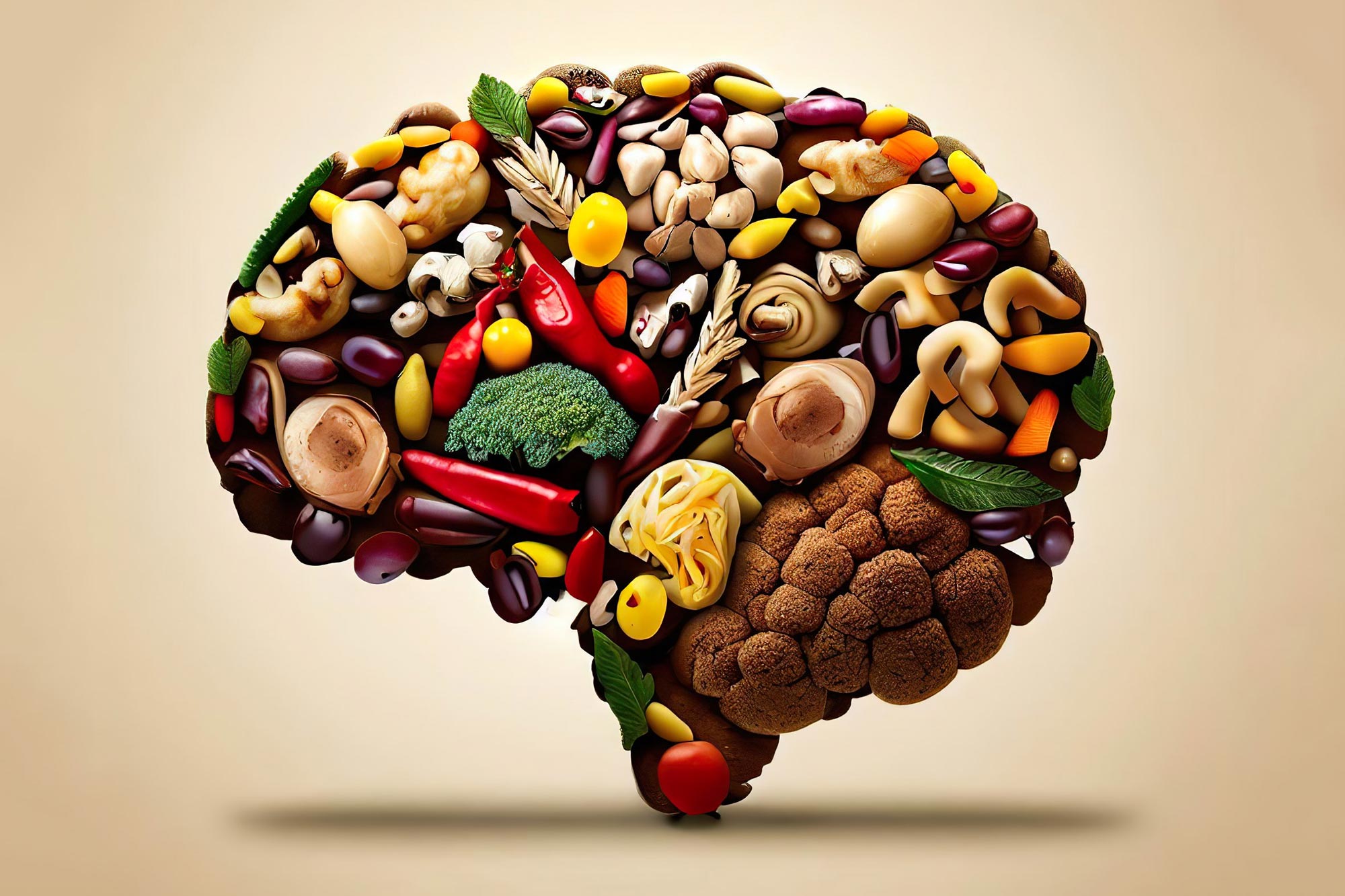
Ben Gurion University의 연구에 따르면 녹색 지중해 식단은 뇌 노화를 늦출 수 있습니다. 연구원들은 체중이 1% 감소하면 18개월 동안 뇌가 약 9개월 더 젊어 보일 수 있음을 발견했습니다. 이 발견은 비만으로 인한 뇌 노화를 늦추는 잠재적인 방법과 뇌 건강에 대한 라이프스타일 변화의 영향을 평가하기 위한 전략을 제공합니다.
장기 다이어트 실험의 새로운 발견은 뇌 건강에 긍정적인 영향을 미친다는 것을 보여줍니다.
Negev의 Ben-Gurion University의 새로운 연구에 따르면 녹색 지중해 식단으로 전환하면 뇌 건강에 긍정적인 영향을 미칩니다. 체중 감소는 DIRECT-PLUS 시험의 하위 연구에서 뇌 노화를 개선했습니다.
DIRECT PLUS는 300명의 참가자를 대상으로 18개월에 걸쳐 진행된 대규모 장기 임상시험이었습니다.
하위 연구는 심리학과의 Galia Avidan 교수와 인지 및 뇌 과학과의 전 대학원생인 Gideon Levakov 박사가 수행했습니다.
그들의 연구 결과는 최근 사이언티픽 저널(Scientific Journal)에 게재되었습니다. 이라이프.

갈리아 아비단 교수. 크레딧: Danny Machlis/BGU
더 큰 규모의 연구는 하버드 공중 보건 대학의 조교수이자 독일 라이프치히 대학의 명예 교수인 Negev의 Ben-Gurion 대학의 Iris Shay 교수와 전 대학원생인 Alon 박사가 주도했습니다. Kaplan과 Harvard 및 Leipzig 대학의 동료들.

기드온 레바코프 박사. 신용: BGU
비만은 일반적으로 예상되는 것보다 더 빠른 뇌 노화와 관련이 있습니다. 연구자들은 사람의 “뇌 나이”를 계산하여 이 과정을 포착할 수 있습니다. 즉, 실제 나이와 관계없이 상세한 스캔에서 뇌가 몇 살인 것으로 나타나는지입니다. 이 접근법은 또한 생활 방식과 같은 특정 요인이 상대적으로 짧은 기간 동안 뇌 노화에 어떤 영향을 미치는지 조사하는 데 도움이 됩니다.
Levakov, Kaplan, Shay 및 Avidan은 비만 기준을 충족하는 102명의 개인을 연구했습니다. 참가자들은 프로그램 시작과 끝에서 뇌 스캔을 받았습니다. 간 건강과 같은 비만의 영향을 받는 다른 생물학적 과정을 포착하기 위해 이 시기에 더 많은 테스트와 측정이 수행되었습니다.
그들은 노화 과정에 대한 생활 습관 개입의 효과를 조사하기 위해 연구 시작과 끝에서 촬영한 뇌 스캔을 사용했습니다. 그 결과 체중이 1% 감소하면 참가자의 뇌 수명은 18개월 후 예상 뇌 수명보다 약 9개월 더 젊어지는 것으로 나타났습니다. 이 손상된 노화는 간 지방 및 간 효소 감소와 같은 다른 생물학적 조치의 변화와 관련이 있습니다. 증가된 간 지방과 특정 간 효소의 생산은 이전에 뇌 건강에 부정적인 영향을 미치는 것으로 나타났습니다.[{” attribute=””>Alzheimer’s disease.

Credit: BGU
“Our study highlights the importance of a healthy lifestyle, including lower consumption of processed food, sweets, and beverages, in maintaining brain health,” says Dr. Levakov.

Prof. Iris Shai. Credit: Dani Machlis/BGU
“We were encouraged to find that even a weight loss of 1% was sufficient to affect brain health and lead to a 9-month reduction in brain age,” says Prof. Avidan.
The findings show that lifestyle interventions that promote weight loss can have a beneficial impact on the aging trajectory of the brain seen with obesity. The next steps will include figuring out whether slowing down obesity-driven brain aging results in better clinical outcomes for patients. In addition, the study shows a potential strategy to evaluate the success of lifestyle changes on brain health. With global rates of obesity rising, identifying interventions that have a positive impact on brain health could have important clinical, educational, and social impacts.
The DIRECT-PLUS trial research team was the first to introduce the concept of the green-Mediterranean, high polyphenols diet. This modified Mediterranean diet is distinct from the traditional Mediterranean diet because of its more abundant dietary polyphenols (phytochemicals, secondary metabolites of plant compounds that offer various health benefits) and lower red/processed meat. On top of a daily intake of walnuts (28 grams), the green-Mediterranean dieters consumed 3-4 cups of green tea and 1 cup of Wolffia-globosa (Mankai) plant green shake of duckweed per day over 18 months. The aquatic green plant Mankai is high in bioavailable iron, B12, 200 kinds of polyphenols and protein, and is therefore a good substitute for meat.

Dr. Alon Kaplan. Credit: BGU
Reference: “The effect of weight loss following 18 months of lifestyle intervention on brain age assessed with resting-state functional connectivity” by Gidon Levakov, Alon Kaplan, Anat Yaskolka Meir, Ehud Rinott, Gal Tsaban, Hila Zelicha, Matthias Blüher, Uta Ceglarek, Michael Stumvoll, Ilan Shelef, Galia Avidan and Iris Shai, 6 April 2023, eLife.
DOI: 10.7554/eLife.83604
Additional researchers included: Anat Yaskolka Meir, Ehud Rinott, Gal Tsaban, Hila Zelicha, and Prof. Ilan Shelef of BGU, as well as Matthias Blüher, Uta Ceglarek, Michael Stumvoll of the University of Leipzig.
This work was funded by grants from the Deutsche Forschungsgemeinschaft (DFG, German Research Foundation) – Project number 209933838- SFB 1052; the Rosetrees Trust (grant A2623); Israel Ministry of Health grant 87472511; Israel Ministry of Science and Technology grant 3-13604; and the California Walnuts Commission.
None of the funding providers took part in any stage of the design, conduct, or analysis of the study, and they had no access to the study results before publication.

“음악 팬. 매우 겸손한 탐험가. 분석가. 여행 괴짜. 익스트림 TV 전문가. 게이머.”



/cdn.vox-cdn.com/uploads/chorus_asset/file/25619621/247271_Spectacles_2024_NHernandez_Melo_0015.jpg)





